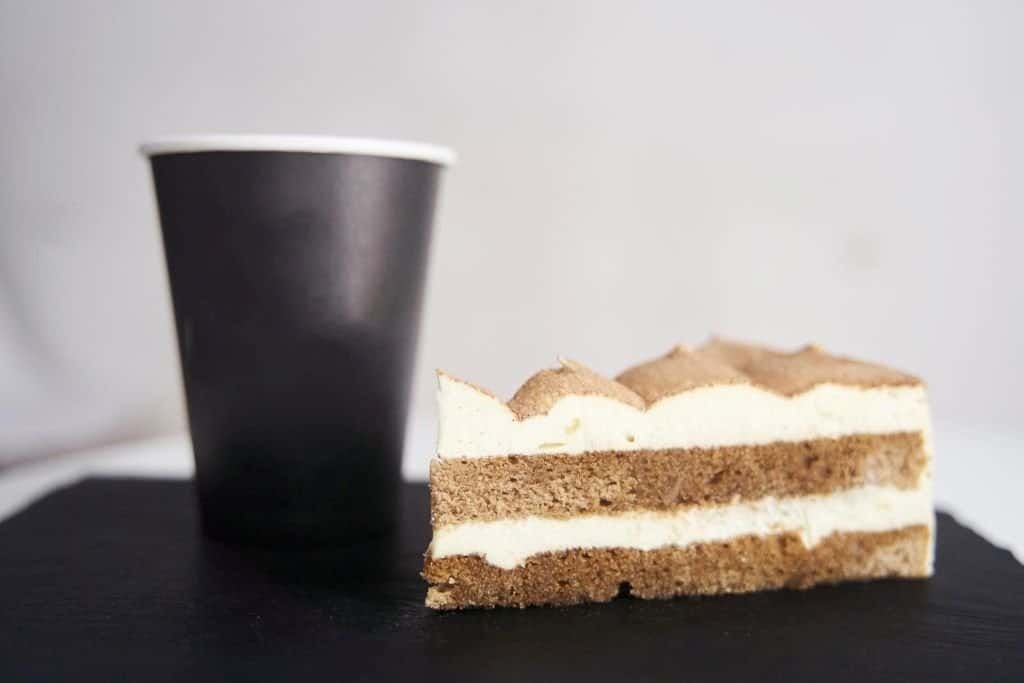Are you a fan of French press coffee? If so, you know that it produces a great cup of joe, but you may be wondering what to do with all of the used coffee grounds afterwards.
Disposing of the coffee grounds can be tricky, but luckily there are a few easy ways to do it. In this article, you’ll learn how to properly dispose of your French press coffee grounds.
You’ll find out how to use a compost bin, add them to your garden, discard them in the garbage, and clean your French press. Read on to learn how to properly take care of your coffee grounds!
Preparing the Coffee Grounds for Disposal
After brewing, the steaming mixture needs to be carefully dealt with. If you’ve used a French press, the grounds should be disposed of properly.
The first step is to remove the grounds from the press. Use a paper towel to scoop out the grounds into an appropriate container.
Next, you can decide whether to compost the grounds or throw them away. If you have a compost bin, the grounds can be added directly to the bin. If you don’t have a compost bin, you can place the grounds in a trash bag for disposal.
It’s also a good idea to rinse the French press with water before using it again. This will help avoid any lingering coffee grounds.
Utilizing a Compost Bin
With a compost bin, you can efficiently and effectively process used remains from a French press. Compost bins are great for any gardener or environmental enthusiast who wishes to reduce their waste and recycle byproducts from their kitchen, such as coffee grounds.
A compost bin will help break down the grounds into a fertilizer-like material, which is then full of nitrogen-rich nutrients and can be used on flowers, shrubs, and even vegetable beds.
To use a compost bin, first use a food strainer over the bin to remove any large pieces of grounds. Doing this will help the compost bin break down the material faster and more efficiently.
Once complete, the grounds can be added to the compost bin, and the gardener can mix it in with other compostable materials, such as food scraps, leaves, or other organic matter.
The gardener should then monitor the compost bin and stir the contents every few weeks to help with the decomposition process.
Adding Coffee Grounds to Your Garden

Composting with a bin is a great way to give your garden a nutrient-rich boost! If you don’t have a compost bin, you can still use your used coffee grounds to fertilize your garden.
Coffee grounds are a great source of potassium, nitrogen, and phosphorus, which are all essential for healthy, lush plants. Simply sprinkle the grounds around your garden and work it into the soil.
You can also add the grounds to a compost pile, which will break down over time and provide your garden with additional nutrients.
Coffee grounds can even be used as an exfoliant for your skin! Simply mix them with some olive oil and use it as a homemade scrub.
Discarding Coffee Grounds in the Garbage
Don’t let those used coffee grounds go to waste – tossing them in the trash is an easy way to give your garden a boost!
If you’re not interested in adding French press coffee grounds to your garden, then the most straightforward way to dispose of them is to put them in the garbage. This is a safe and effective way to get rid of the grounds without creating a mess.
If you have a garbage disposal, you can also put the coffee grounds in there to dispose of them quickly and easily. Just make sure to dispose of the grounds in small amounts at a time, so you don’t clog the drain.
Cleaning Your French Press
After use, it’s important to properly clean your French press to ensure its longevity and optimal performance.
Start by draining the coffee grounds and water from the carafe.
The plunger should then be removed and soaked in warm, soapy water to get rid of any built-up residue. To avoid clogs, it’s important to scrub the plunger with a brush or cloth and rinse it thoroughly.
The mesh strainer should also be removed and washed with warm, soapy water, rinsed, and dried.
Finally, the carafe should be wiped down with a damp cloth.
Once the French press has been thoroughly cleaned, it should be stored in a safe and dry place until it’s needed again.
Frequently Asked Questions
What are the environmental benefits of composting coffee grounds?
Composting your coffee grounds has numerous environmental benefits!
Not only does composting help reduce the amount of waste that goes into landfills, but it also helps to enrich the soil with nutrients.
When added to a compost pile or bin, coffee grounds can provide nitrogen and other essential minerals that help plants and vegetables grow.
Composting coffee grounds also helps to reduce greenhouse gas emissions, as organic materials in landfills can emit methane into the atmosphere.
Is it safe to dispose of coffee grounds in the sink?
Disposing of coffee grounds in the sink may seem like an easy solution, but it could cause environmental and plumbing issues.
Coffee grounds can clog your pipes, leading to costly repairs.
Additionally, coffee grounds are not biodegradable and can cause environmental damage if they make their way into local waterways.
It’s best to avoid disposing of coffee grounds in the sink and find other alternatives.
How often should coffee grounds be added to the compost bin?
Adding coffee grounds to your compost bin is a great way to help your garden thrive! Coffee grounds are high in nitrogen, which helps to create a balanced compost.
For best results, you should be adding coffee grounds to your compost bin every two weeks. This will help ensure that your compost is well-balanced and that the bacteria in the bin remain healthy and active.
Is it necessary to strain coffee grounds before composting?
It’s not absolutely necessary to strain coffee grounds before composting, although it’s recommended.
If you are composting used grounds from a French press, it’s best to strain the grounds before adding them to the compost bin. This will help prevent any small pieces of metal or plastic from entering the compost and contaminating it.
Strainers are available in most kitchen supply stores, and they’re easy to use.
What Are The Best Ways To Prevent Coffee Grounds From Clogging Garbage Disposal?
You can easily prevent coffee grounds from clogging your garbage disposal by running cold water while grinding the grounds.
You should also avoid grinding too much at once, as this will increase the risk of clogging.
Once you’ve finished grinding, you can send the grounds down the disposal by running cold water while flushing. Avoid using hot water, as this will cause the grounds to stick to the disposal blades.
If you’re worried about the grounds getting stuck, you can also grind them in a separate container and then dispose of them in a trash can.
Conclusion
Now that you know how to dispose of coffee grounds from your French press, you can enjoy your favorite cup of joe without worrying about what to do with the used grounds.
For those looking for a more eco-friendly option, composting is a great way to make use of the grounds in a sustainable way. If you don’t have a compost bin, you can add the grounds to your garden, or simply discard them in the garbage.
Whatever you decide, make sure to clean your French press after each use for the best and freshest cup of coffee.




